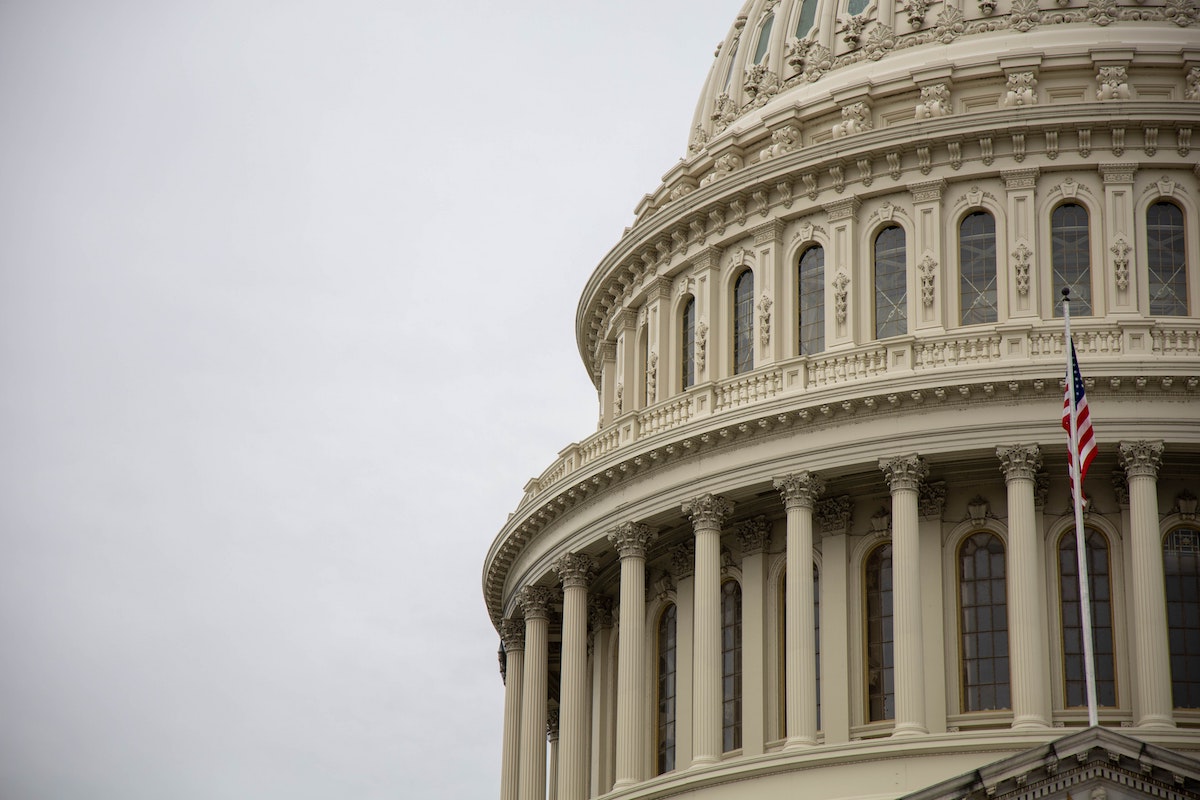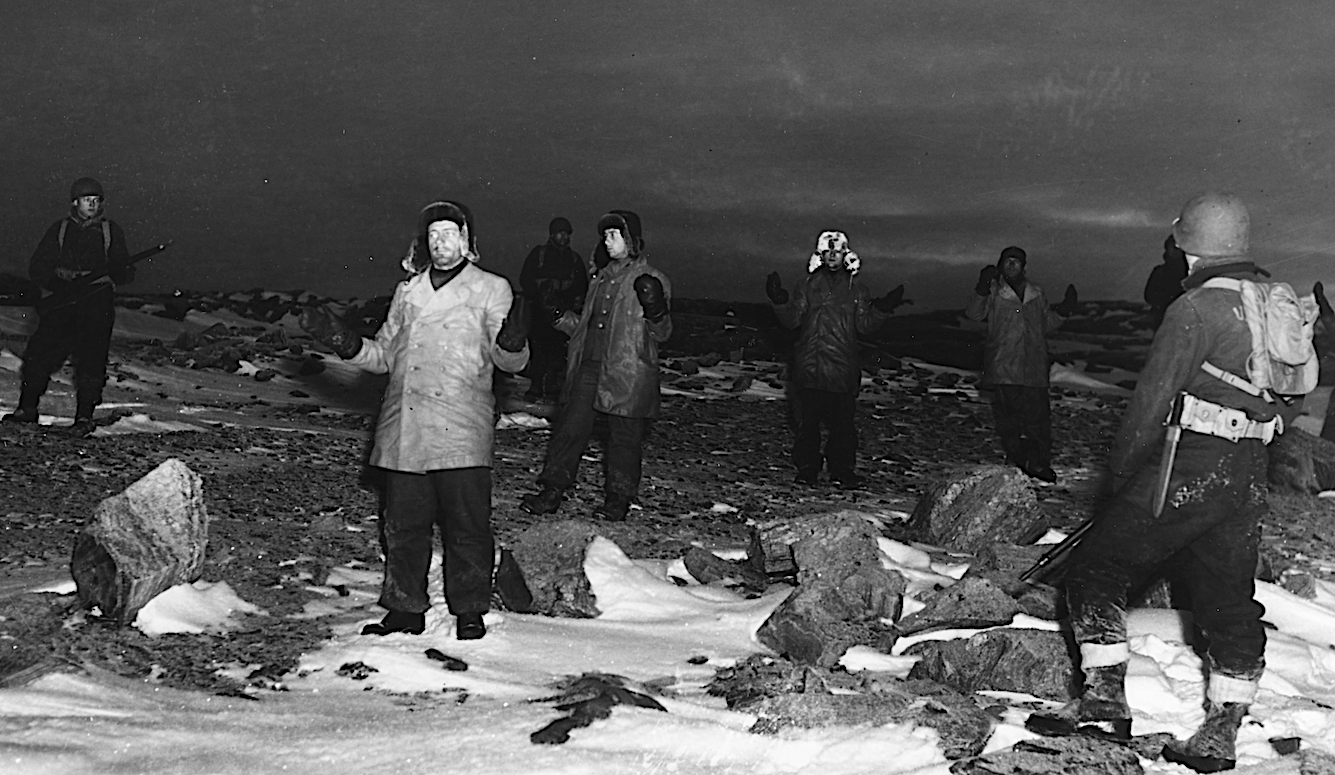COVID-19
No, COVID-19 Is Not a 'Disaster for Feminism'
It often seems like it’s mostly feminists who disparage female work and praise so highly the world of corporate and professional success.

I wasn’t especially surprised to find an essay in the Atlantic calling the COVID-19 pandemic a “disaster for feminism.” But I am disappointed. It seems that the author, Helen Lewis, undervalues “women’s work” simply because it is unpaid labour. But to undervalue unpaid labour is to reaffirm corporate ideas of what constitutes valuable work. The denigration of home economics has always been a blind spot within feminism, which often champions traditionally male markers of professional and corporate success as success itself, rather than celebrating the un-corporatized nature of traditional female work. To repeat, I am not surprised by this anti-female logic at this late date, but I still find it disappointing.
There are, of course, good reasons why feminists fought to emancipate women from the home. Economic independence transformed societies, economies, and the individual lives of many women, and allowed them to pursue intellectual, creative, professional fulfillment they had hitherto been denied. However, the kind of professional and capitalistic contemporary feminism (of which Lewis is apparently an adherent) seems to require the denigration of home economics and child rearing. This is both unnecessary and, in a time of crisis, particularly unhelpful and narrow-minded.
Lewis’s article darkly undermines family interdependency itself, the very thing to which we must turn during times like these. She points out, probably correctly, that women will make career sacrifices in order to look after their families, while men, likely with higher incomes, will continue to forge ahead with their careers comparatively undisturbed. For Lewis, this is regression: “Dual-income couples might suddenly find themselves living like their grandparents, one homemaker and one breadwinner,” she writes. “Well, of course,” I think. It takes me a moment to realize that I’m supposed to find this idea offensive.
Why would anyone find a family unit taking care of its members a “disaster” for feminism? How childish—and frankly un-feminine—has feminism become that it must see childrearing and nurturing a family unit as a step down during a time of crisis? A step down from what? It often seems like it’s mostly feminists who disparage female work and praise so highly the world of corporate and professional success. (It is not men who suffer from our entry into what has traditionally been their world, but rather corporations that benefit.)
After outlining how traditional gender roles might reassert themselves during this crisis, Lewis satirizes the ideal of family life as a whole: “No one should be nostalgic for the ‘1950s ideal’ of Dad returning to a freshly baked dinner and freshly washed children, when so many families were excluded from it, even then.” She then goes on to say that single parents, mostly single mothers, who have no partner to carry the load of breadwinning or childrearing will find life “even harder” during this pandemic. Yes. Well spotted. Single mothers will have a harder time precisely because they have no ideal family to rely on. In other words, maybe we should be just a bit nostalgic for the ideal of family life in the 1950s because it—and I can’t believe this still needs to be said aloud—often works very well.
I am a single mother, and I understand perfectly what Lewis is talking about. There is no part of me that doesn’t appreciate her acknowledgement of the precarious situation in which I now find myself: stuck at home with two energetic daughters, where I’m expected to work for the next few weeks, and then, most likely, find myself unemployed for the next four months. I am a contract university instructor, with a PhD and a healthy teaching CV, but no tenure, and therefore no job security. The campus plans to shut down for the summer term, and if that happens I will have no way to feed my kids. Lewis is apparently in a position to scoff at the idea of a breadwinner walking through her front door to a freshly baked dinner and clean children. I am one of many women who is not.

As I’ve watched civilization as we know it come to a standstill over the last few days, I have thought a great deal about family networks of care and financial support. I have enjoyed seeing the Instagram stories my suburban mom friends have posted where they share creative ways to homeschool their kids and keep their households running (relatively) smoothly. I have seen the pictures of families that have drawn toward each other to weather the crisis together. Perhaps I am seeing these things through the rose-tinted filter of social media. But I haven’t yet seen any Instagram posts from mothers saying, “I’m so happy I still get to do my life-fulfilling job from home.” Rather, it’s “My life keeps getting in the way of ‘working’ from home, and oh well, pass the wine!” From these posts, it strikes me as self-evident that the reversion to more traditional family roles is the very thing helping everyone to get through this crisis. It has become obvious that the foundation of our commonwealth is more than just our capital wealth. Much more. How can family life and the roles we take so that we can rely on each other be disparaged at a time like this, when it is one of the few things we have left to cling to? What kind of petty nihilism wants to tear down the very thing sustaining us?
Lewis raises valid concerns about the likely effect on women’s lives in developing nations. She is no doubt correct to say that during the Ebola epidemic, for instance, more women died in childbirth because energies were focused on fighting the disease. Yet what Lewis fails to notice is that had hospitals not redirected resources towards fighting Ebola, many more mothers and many more children would have died from the disease. I feel her frustration, but I am baffled by her reasoning. The finite nature of our medical resources is the entire reason for a global shutdown now intended to flatten the infection curve.
I also appreciate Lewis’s heartfelt concern for those living with domestic violence. I understand the entrapment of domestic abuse because I have experienced it. But I am not so depressingly myopic that I believe these grave concerns outweigh the refuge that a family commonly provides from fear and uncertainty. I am also quite aware that women will, as we have done for centuries, bear most of the burden of domestic work and nurturing our children and—a not unimportant job—our partners and husbands. Lewis is no doubt correct, again, to say that this reversion to tradition roles will occur.

Yet it is not the reversion to these roles that we should find worrying, as Lewis does, and as do the complaining standard-bearers of contemporary feminism more generally. Rather, we should be troubled by her inexplicable undervaluation of women’s ability to act heroically in times of crisis. Lewis seems to find it somehow intolerable that women are asked to make professional or personal sacrifices in a time of national crisis—that it is unfair to impute to women the heroic ability to put others’ needs before their own self-interest. What a shamefully low expectation she must have of women, of the capacity of mothers especially, to do the noble thing—and to accept this sacrifice without complaint, and without the need for approval in the form of paychecks or professional advancement. A (tolerably) tidy house and happy children will do.
Feminism will always be a victim of social inequality if we continue to define equality with sameness. Certainly our grandmothers understood this, and they would surely have been as confused as I am by the idea that women are precluded from performing heroic acts that are the bedrock of our civilization. The return to domestic work that Lewis calls a “disaster” may be the only treatment we currently have for contingencies of the modern economy and the precarious position we now occupy between nature and the state.
A final point bears mentioning—four paragraphs into Lewis’s complaint is the callous, throwaway admission that, “Purely as a physical illness, the coronavirus appears to affect women less severely.” Interested readers who follow the link will discover that this euphemistic observation hides a sobering statistic: COVID-19 seems to be killing twice as many men as women. And what does Helen Lewis’s feminism have to say about the disaster of that particular gender gap? Not much, apparently.







